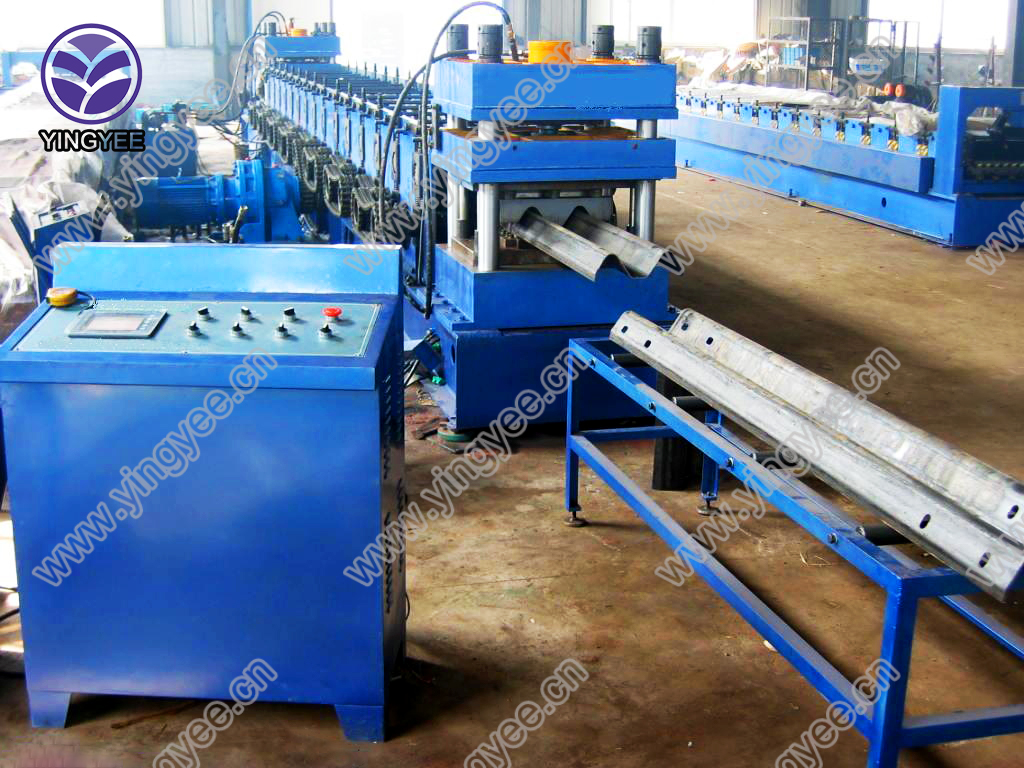
Understanding GI Coils and SGCC Steel Applications and Advantages
In contemporary manufacturing and construction, the choice of material plays a pivotal role in determining the quality and durability of the final products. Among the various materials available, Hot Dip Galvanized Iron (GI) coils, particularly those made from SGCC (Structural Galvanized Cold-rolled Coil) steel, have emerged as a popular choice. This article will explore the properties, applications, and advantages of GI coils made from SGCC steel.
What are GI Coils?
GI coils are made from cold-rolled steel sheets that undergo a galvanization process, which involves coating the steel with a layer of zinc. This process enhances the corrosion resistance of the base metal, making GI coils suitable for various applications, especially in environments prone to moisture and weathering. The 'GI' stands for Galvanized Iron, which emphasizes the protective benefits that the zinc coating provides.
The SGCC designation refers to the specific grade of steel used in the production of these coils. SGCC is characterized by its good weldability and excellent formability, making it ideal for various manufacturing processes. It meets the Japanese Industrial Standards (JIS G 3302), ensuring a high level of quality and performance.
Properties of SGCC Steel
SGCC steel has several properties that make it a preferred choice for manufacturing GI coils
1. Corrosion Resistance The zinc coating provides an effective barrier against moisture and corrosive elements, significantly extending the lifespan of the steel. 2. Strength and Durability SGCC steel is stronger than standard mild steel, offering enhanced durability in structural applications. This strength allows it to withstand heavy loads and impacts. 3. Versatility The ability to easily shape and form SGCC steel makes it suitable for a wide range of applications, from roofing materials to automotive components. 4. Surface Finish GI coils typically have a smooth, appealing finish, making them aesthetically pleasing for applications where appearance matters.

Applications of GI Coils
Given their advantageous properties, GI coils made from SGCC steel find applications across various industries
1. Construction In the construction industry, GI coils are widely used in roofing sheets, decking, and partitioning systems. Their corrosion resistance is especially beneficial in outdoor applications. 2. Automotive The automotive industry utilizes GI coils for manufacturing components such as body panels, frames, and chassis parts. The increased strength and resistance to rust make them ideal for vehicle durability. 3. Appliances Many household appliances are made from GI coils, including refrigerators, washing machines, and air conditioning units. Their attractive finish and ability to resist rust contribute to the longevity and appearance of these products. 4. Furniture In modern furniture design, galvanized steel is increasingly utilized for its stylish appearance and robustness. Items such as tables, chairs, and shelving units often incorporate GI coils as a primary material.
Advantages of Using GI Coils Made from SGCC Steel
The use of GI coils made from SGCC steel comes with numerous advantages
1. Cost-Effective While the initial cost might be higher than non-galvanized steel, the longer lifespan and lower maintenance costs of GI coils often lead to more economical solutions in the long term. 2. Eco-Friendly The galvanization process helps in recycling materials effectively. Additionally, the longevity of galvanized products contributes to sustainability, reducing waste. 3. Reduced Maintenance The protective zinc coating minimizes the need for frequent repairs or replacements, saving both time and finances for manufacturers and consumers alike. 4. Customizability GI coils can be produced in various thicknesses, widths, and finishes, allowing manufacturers to tailor products to specific requirements.
Conclusion
In summary, GI coils made from SGCC steel represent a crucial advancement in material science and engineering. Their combination of durability, corrosion resistance, and aesthetic appeal makes them a preferred choice across many industries, particularly in construction and manufacturing. As the demand for reliable and sustainable materials grows, the popularity of GI coils will likely continue to rise, contributing to innovative and resilient product designs in the future.